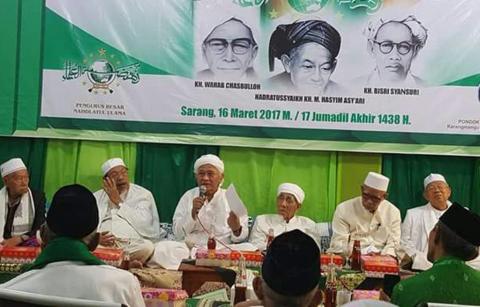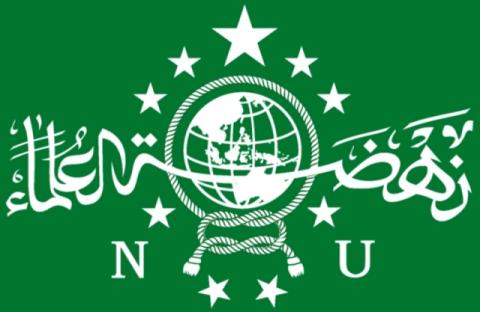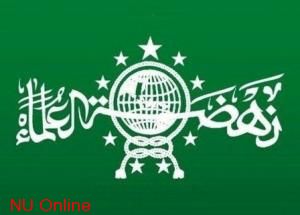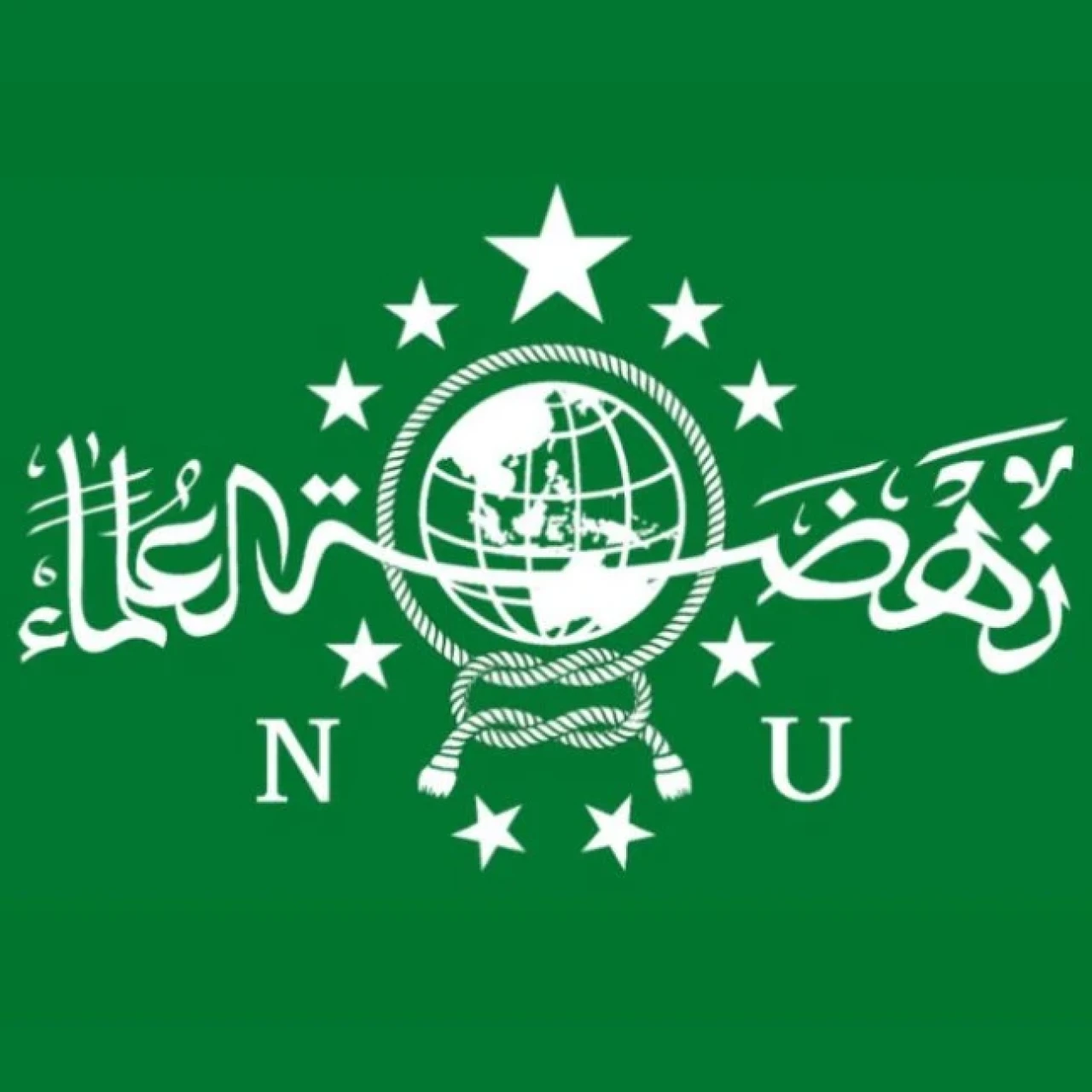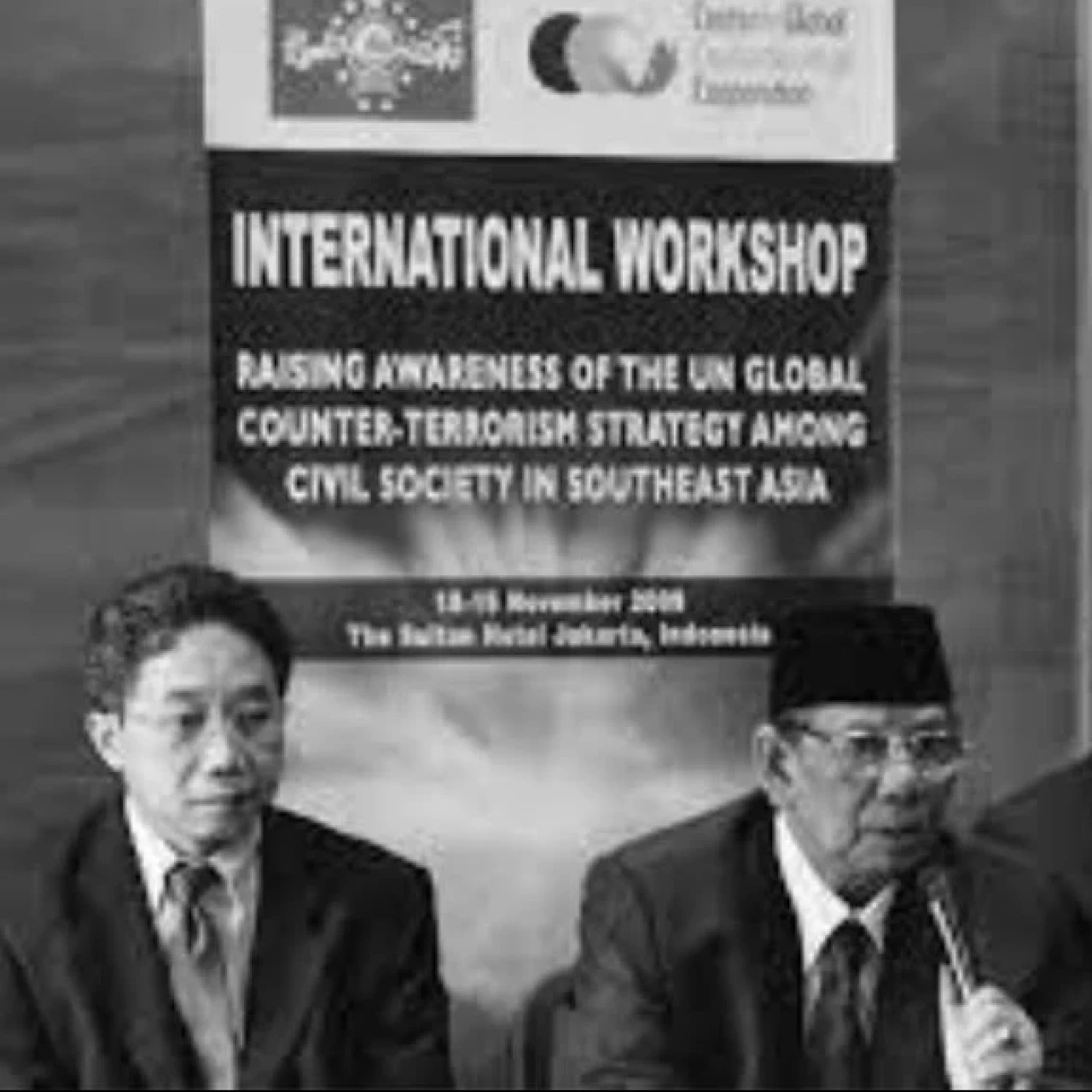Official Statement of the Central Board of NU Regarding R20 and the Ongoing Discussions with India & RSS
Sabtu, 24 September 2022 | 13:30 WIB
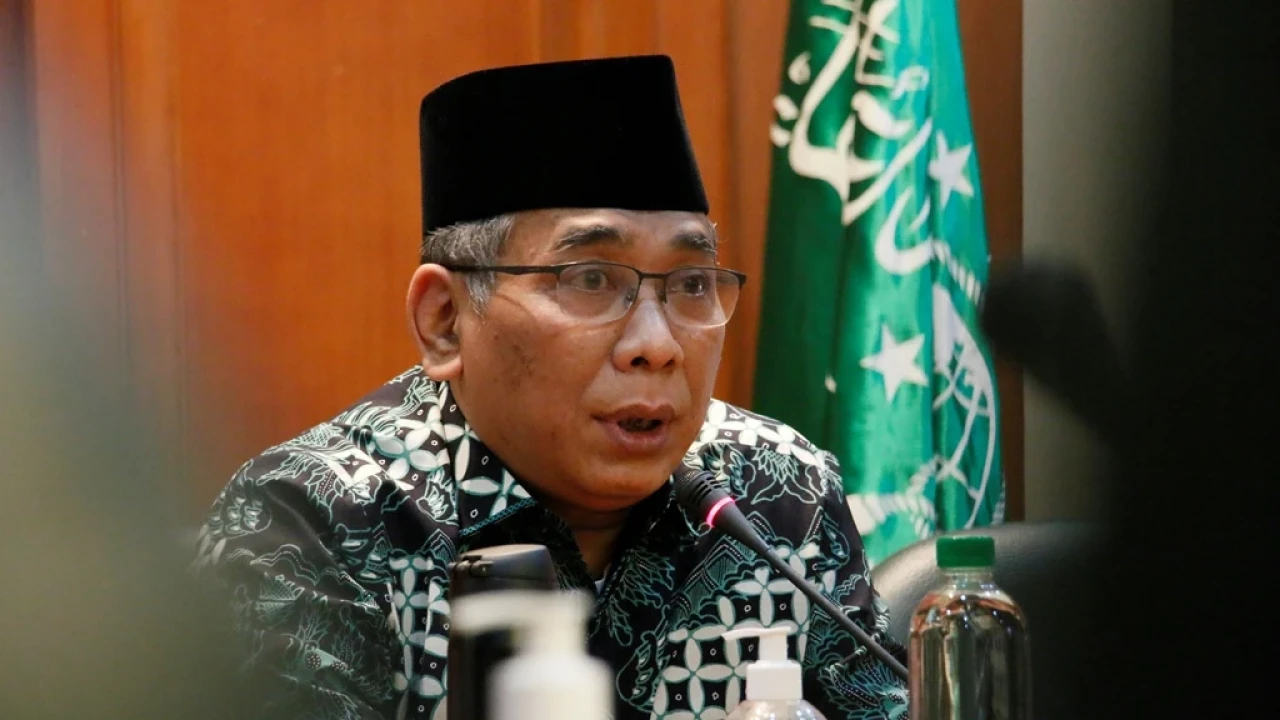
Official Statement of the Central Board of NU Regarding R20 and the Ongoing Discussions with India & RSS
The world’s largest Muslim organization, Indonesia’s Nahdlatul Ulama (est. 1926), launched the G20 Religion Forum (R20) in 2022, in conjunction with the Indonesian Presidency of the G20.
The R20 provides a global platform through which religious leaders of every faith and nation may unite to express their concerns and give voice to shared civilizational values.
Vision and Objectives
The G20 Religion Forum seeks to leverage the “Group of 20” (G20) Summit, an annual gathering of the world’s most economically powerful nations, to help ensure that religion in the 21st century functions as a genuine and dynamic source of solutions, rather than problems.
In order to fulfill this vision, the R20 is mobilizing diverse religious, political and economic leaders from G20 Member States and elsewhere throughout the world to prevent the weaponization of identity; curtail the spread of communal hatred; promote solidarity and respect among the diverse peoples, cultures and nations of the world; and foster the emergence of a truly just and harmonious world order, founded upon respect for the equal rights and dignity of every human being.
A Unique Opportunity
From 2022 through 2024, Indonesia, India and Brazil will, in succession, hold the rotating Presidency of the G20. These nations are not only home to the world’s largest Muslim, Hindu, and Catholic populations, respectively; they are also heirs to rich and highly diverse civilizational traditions. In addition to their rapidly growing economies, these nations possess enormous socio-cultural capital and the potential for projecting religious soft power on the world stage, in conjunction with like-minded stakeholders from other G20 Member States.
On October 29, 2021, Centrist Democrat International (CDI), the world’s largest network of political parties, adopted a resolution that “calls upon governments and civil society institutions to join the Republic of Indonesia and [Nahdlatul Ulama’s] Humanitarian Islam movement in preserving and strengthening a rules-based international order founded upon shared civilizational values.”
Furthermore, the resolution committed CDI to “support Indonesia’s efforts, through the G20 and the G20 [Religion] Forum... to foster the emergence of a truly just and harmonious world order, founded upon respect for the equal rights and dignity of every human being.”
The Role of India and the Rashtriya Swayamsevak Sangh (RSS)
The Government of India will hold the rotating Presidency of the G20 from December 1, 2022 through November 30, 2023. The current ruling party of India, the Bharatiya Janata Party (BJP), has close ties to the RSS, which was established in 1925 in response to the Khilafat (Caliphate) Movement and British colonialism. Both the BJP and the RSS are part of the broad Hindu-nationalist movement and family of organizations, which represent the views and sentiments of a significant proportion of India’s population.
Nahdlatul Ulama is aware of abuses that have occurred, and threats that exist, to India’s Muslim, Christian, and other minority populations. Nahdlatul Ulama’s ongoing discussions with the Government of India and RSS are intended to address these abuses, and threats, through a process of constructive engagement.
Nahdlatul Ulama believes that the only way to overcome entrenched historical grievances and promote peaceful co-existence is to engage all parties and refuse to indulge in the sentiment of enmity and hatred, based upon a claim of unique communal victimhood.
Nahdlatul Ulama is aware of the potential for genocide in South Asia, not only because of contemporary geopolitical dynamics, but also due to the history of the region, including the Bangladesh genocide of 1971; the massacres that accompanied Partition in 1947; British colonial policies of divide and rule; and centuries of invasion from the northwest, accompanied by massive destruction, slaughter, and enslavement. Even the Emperor Ashoka is known for his massacre of over 100,000 inhabitants of Kalinga during the third century B.C.E., prior to his conversion to Buddhism.
Nahdlatul Ulama encourages people of good will of every faith and nation to reject the weaponization of identity and join in promoting solidarity and respect among the diverse peoples, cultures, and nations of the world—employing the principle of “the highest common denominator,” founded upon the noblest aspirations of every civilization. This is the mission of the G20 Religion Forum (R20), both now and in future years.
This statement was signed on Friday (23/9/2022) by KH Yahya Cholil Staquf, General Chairman of the Central Board of Nahdlatul Ulama, and H. Saifullah Yusuf, General Secretary.


